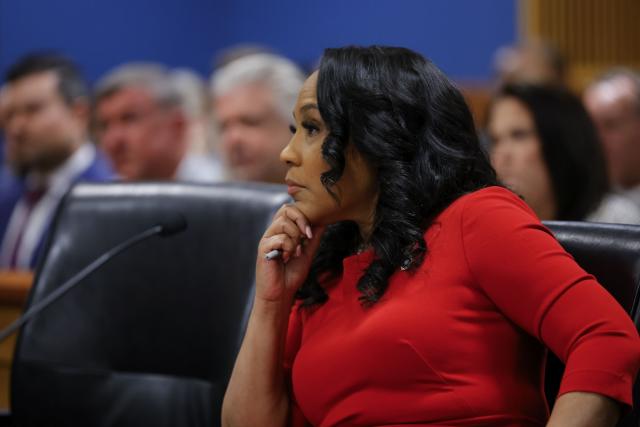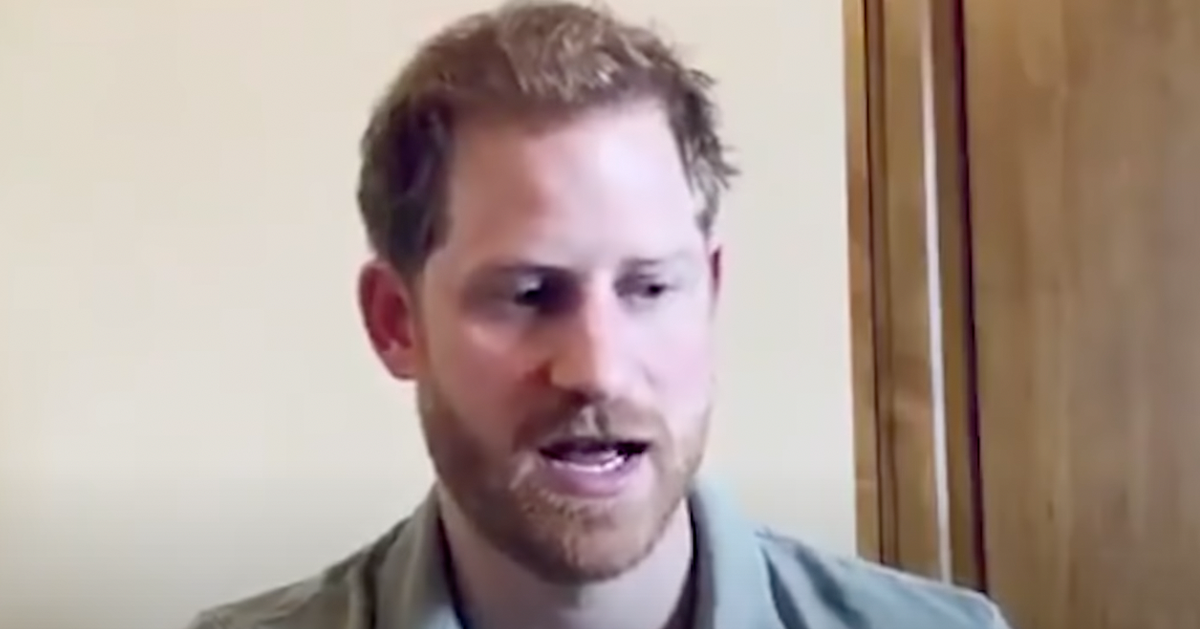Harris Blocks Media Outlet from Covering Campaign Amid Labor Dispute
Vice President Kamala Harris’s campaign has faced scrutiny after it barred the Pittsburgh Post-Gazette from attending its events.
The newspaper has alleged that the exclusion is linked to an ongoing labor dispute at the paper, which began in 2022, and this action has sparked broader concerns about press freedom and the role of the media in political coverage, with the Harris campaign standing accused of restricting media access and hindering transparency and democracy, as the Washington Examiner reports.
The labor dispute at the Post-Gazette started in October 2022 when a Teamsters unit went on strike over the suspension of a legacy healthcare plan. The strike saw initial support from the newspaper's journalists, though only 25% of the unionized workforce continues to strike today. The Post-Gazette claims it has been excluded from campaign events since at least Aug. 6 due to this ongoing conflict.
Background of Labor Dispute and Its Impact
The strike at the Pittsburgh Post-Gazette emerged from tensions around the newspaper’s decision to suspend healthcare benefits, leading to protests from both Teamsters and journalists.
While the journalists initially stood in solidarity with the striking Teamsters, the movement has dwindled, with a significant portion of the workforce returning to their positions. Despite the reduced participation in the strike, the newspaper believes this labor conflict is the reason for its exclusion from Vice President Harris's events.
The situation has highlighted Harris’s frosty relationship with the media, which has been an ongoing issue since she became the Democratic vice-presidential nominee in July 2021. Harris has conducted only one interview during this campaign season, with her running mate, Minnesota Gov. Tim Walz. This has added fuel to accusations that she is limiting access to the press.
Wider Pattern of Media Exclusion by Harris
This is not the first time the Harris campaign has come under fire for restricting media coverage. Reports indicate that other outlets, such as the *New Hampshire Journal*, have also been blocked from covering her events. This pattern of exclusion has led to concerns about transparency, with critics arguing that it hinders the public’s right to know.
The exclusion of the Pittsburgh Post-Gazette also carries political significance. The newspaper endorsed Donald Trump in the 2020 presidential election, marking its first endorsement of a Republican candidate since 1972. This has raised questions about whether political motivations might also play a role in the Harris campaign’s decision to exclude the paper.
Press Freedom Concerns Raised
The exclusion of media outlets from political events is being viewed by some as a threat to press freedom. Brandon McGinley, editorial page editor of the Post-Gazette, warned of the broader implications of such exclusions. He stated, “If political campaigns, not to mention sitting vice presidents, can exclude the press at their discretion, then no one’s freedom to cover government and politics is safe.”
McGinley’s remarks echo concerns from press freedom advocates who argue that any restrictions on media access could have lasting effects on democracy. Jeffrey McCall, a professor at DePauw University, also criticized the Harris campaign’s actions, saying that banning media outlets from covering public events is “undemocratic” and gives the impression of evasion.
Political Ramifications For Harris
As these accusations mount, conservative critics have not hesitated to weigh in on the matter. Jenny Beth Martin, president of the Tea Party Patriots Citizens Fund, accused Harris of deliberately avoiding the press and voters. “Kamala Harris’s cynical decision to hide from the press and the voters, and even to block reporters covering her public events from speaking with voters in attendance, shows us her contempt for us,” Martin said, adding that voters would remember these actions on Election Day.
The Harris campaign’s approach to media access is likely to remain a point of contention as the election season progresses. As of now, it is unclear whether any formal media access standards have been implemented or if other outlets have been similarly excluded.
Ongoing Questions About Media Access Standards
Despite these developments, the Harris campaign has not provided clarity on the specific reasons behind the exclusion of certain outlets. The Washington Examiner has reportedly reached out to the campaign and the Newspaper Guild of Pittsburgh for comment, but no response has been given.
Additionally, there are questions about whether there is an established process or standard for determining which media outlets are allowed to cover Harris’s events. Without transparency on these procedures, accusations of bias and exclusion may continue to cloud the vice president's relationship with the press.
Exclusion At Local And National Levels
This issue is not limited to the national level. Michael Graham, managing editor of the New Hampshire Journal, has observed that local Democrats running for office have also excluded press outlets from covering their campaigns. According to Graham, candidates for state-level positions often bypass local press coverage, implying that they do not view it as essential.
Graham’s perspective suggests that this could be part of a larger trend within the Democratic Party, where certain press outlets are seen as non-essential or even adversarial. Whether this practice will continue remains to be seen, but it has certainly raised concerns about the role of the press in covering political events at both the state and national levels.
Conclusion
The Harris campaign’s exclusion of the Pittsburgh Post-Gazette from its events has raised significant concerns about press freedom and political transparency.
While the exclusion appears linked to a labor dispute at the paper, it also comes against a backdrop of growing tensions between Harris and the media.
As the campaign season unfolds, critics continue to argue that restricting media access sets a dangerous precedent for democracy, with calls for clearer standards on press inclusion at both the local and national levels.





